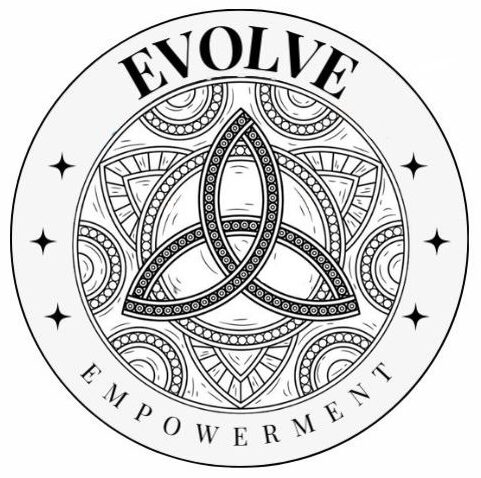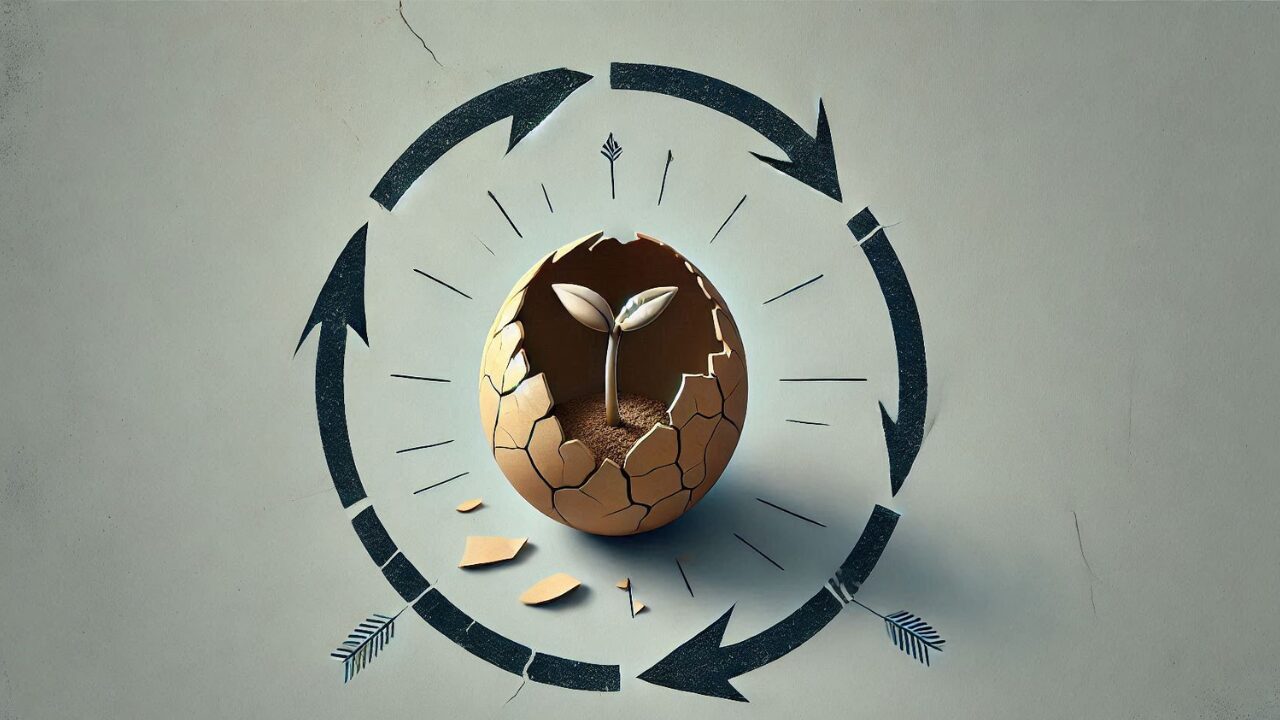Failure is often perceived as a barrier to success, an experience that signals inadequacy or defeat.
Yet, failure is inevitable in life and work—a natural consequence of taking risks, pursuing challenges, and striving for growth.
The true power of failure lies not in avoiding it but in how we choose to respond to it.
By cultivating a growth mindset—the belief that abilities and intelligence can be developed through effort and learning—we can transform failure into a stepping stone toward greater achievements.
This exploration delves into how failure fosters growth, fuels innovation, and builds resilience, highlighting its role as an essential tool for personal and professional development.
Understanding the Connection Between Failure and Growth
Failure is an intrinsic part of success. It accompanies ambition, challenges, and the pursuit of goals, acting as a counterpart to achievement.
However, its value depends on how we interpret and leverage it.
Psychologically, failure disrupts our comfort zone, forcing us to confront vulnerabilities and reassess our strategies.
While this discomfort may initially evoke frustration or self-doubt, it also presents an opportunity for growth.
Studies on human behavior suggest that individuals who view failure as part of the learning process are more likely to persevere, adapt, and emerge stronger.
Reframing failure as a catalyst for growth requires understanding that it is not a verdict on one’s abilities but a signal to refine approaches, build skills, and gain wisdom.

Embracing the Lessons at Every Turn
Failures hold untapped potential. Each setback offers lessons that can shape future strategies and decisions, but only if we take the time to reflect and adapt.
This process involves intentional steps:
- Reflect with Purpose: Honest self-reflection is critical. Identify what went wrong and why. Was it a lack of preparation, a misjudged opportunity, or external factors beyond your control? By asking insightful questions, you uncover the root causes of failure.
- Seek Diverse Feedback: Constructive feedback from mentors, colleagues, or peers can provide fresh perspectives and reveal blind spots. Often, others see possibilities or mistakes we may overlook in the moment.
- Adapt and Adjust: The insights gained from reflection and feedback must inform your next steps. Treat failure as a prototype—an opportunity to tweak and improve your approach before the next attempt.
By viewing setbacks as stepping stones rather than barriers, you cultivate adaptability and lay the groundwork for long-term growth.
Cultivating a Growth Mindset Amidst Challenges
The concept of a growth mindset, popularized by psychologist Carol Dweck, hinges on the belief that intelligence, talents, and skills are not fixed but can be developed through effort and perseverance.
This mindset contrasts with a fixed mindset, where challenges are seen as threats to one’s abilities.
How to Foster a Growth Mindset:

- Reframe Challenges: See setbacks as opportunities to learn and evolve, not as personal failures. For instance, a project that doesn’t meet expectations can be reinterpreted as a chance to identify skill gaps and improve.
- Focus on Effort and Progress: Celebrate the process of learning, experimenting, and persisting, even if the outcomes fall short.
- Normalize Failure: Acknowledge that failure is universal, even for the most successful individuals. Thomas Edison, reflecting on his attempts to create the light bulb, famously said, “I have not failed. I’ve just found 10,000 ways that won’t work.”
Adopting a growth mindset redefines failure from a stopping point to a launchpad for continued effort and achievement.
Reframing Failure as a Tool for Innovation and Creativity
Innovation thrives on experimentation, and experimentation inherently involves failure. Some of history’s greatest breakthroughs resulted from initial missteps.
For instance, 3M’s invention of Post-it Notes arose from a failed adhesive formula that lacked the strength for its intended purpose.
Similarly, Google’s approach to “moonshot thinking” embraces high-risk, high-reward ideas, where learning from failure is central to their culture of innovation.
Using Failure to Drive Creativity:
- Experimentation: Treat failures as experiments that reveal unexpected insights. A failed product launch, for example, might highlight unmet customer needs or market gaps.
- Overcoming Fear: Letting go of the fear of failure liberates your ability to think outside the box. Fear constrains creativity, while embracing failure encourages bold exploration.
By reframing failure as a testing ground, individuals and organizations unlock their potential to innovate and excel.
Building Resilience and Persistence Through Failure

Resilience—the ability to recover and adapt in the face of adversity—is a vital skill developed through navigating challenges.
Failure strengthens emotional resilience by teaching us to endure setbacks, process disappointment, and persevere.
Practical Steps to Build Resilience:
- Regulate Emotions: Recognize and process feelings of frustration or disappointment constructively. Techniques like mindfulness, journaling, or seeking support can help.
- Focus on Long-Term Goals: Keeping your ultimate objectives in sight reduces the sting of short-term failures.
- Foster Optimism: A belief in your capacity to overcome challenges sustains motivation and prevents despair.
Consider J.K. Rowling’s journey. Before becoming one of the world’s most celebrated authors, she faced multiple rejections from publishers.
Her persistence and resilience transformed her failures into the globally beloved Harry Potter series.
Failure as a Growth Tool
Failure is not a roadblock to success; it is a critical part of the journey.
By adopting a growth mindset, individuals can reframe setbacks as opportunities for learning, innovation, and personal development.
Whether by extracting lessons, fostering resilience, or embracing creativity, failure becomes a powerful tool for long-term success.
Instead of fearing failure, embrace it. Reflect, learn, and let each setback propel you forward. Failure is not the end—it is the beginning of something greater.
Bibliography
- Dweck, Carol S. Mindset: The New Psychology of Success. Random House, 2006.
- A foundational work exploring the concept of a growth mindset and its role in personal and professional development.
- Seligman, Martin E.P. Learned Optimism: How to Change Your Mind and Your Life. Vintage, 2006.
- Insights into the psychological benefits of resilience and optimism when facing adversity and failure.
- Grant, Adam. Think Again: The Power of Knowing What You Don’t Know. Viking, 2021.
- Discusses the value of rethinking and adapting strategies when faced with setbacks and challenges.

